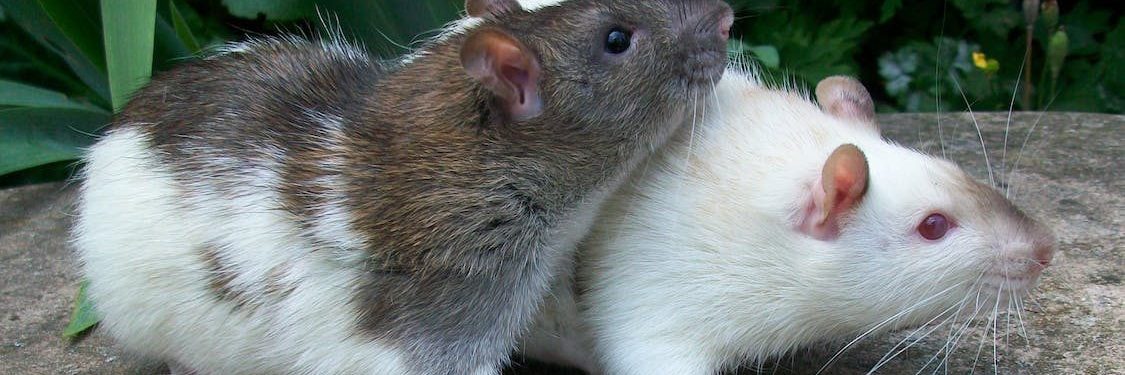Same-sex reproduction seems more possible than ever after scientists successfully facilitate the birth of mice with two biological fathers. Image source: Brendan Christopher, via Pexels
Scientists have made stunning progress in the world of reproductive science after successfully cultivating eggs from male cells, leading to the birth of mice with two biological fathers.
The development is hugely promising for the future of same-sex reproduction, with the potential to enable couples of the same gender to have biological children.
The process also has potential for use in treatments for those who experience severe infertility.
The research was published in scientific journal Nature after being carried out by scientists from the Osaka and Kyushu Universities in Japan.
Using skin cells taken from the tail of a male mouse, the scientific team generated induced pluripotent stem cells, which have the potential to become any kind of cell.
During this process, some cells lost their Y chromosome, leaving only an X chromosome.
Using a fluorescent protein and a drug known as reversine, the existing X chromosome was duplicated in these cells, creating an XX set.
These cells were then used to create eggs, fertilised with the sperm of a different male mouse and implanted into the uteruses of surrogate female mice.
Katsuhiko Hayashi, leader of the project and developmental biologist, suggested that the process could be viable for humans as soon as a decade from now.
“Purely in terms of technology, it will be possible [in humans] even in 10 years,” said Hayashi.
“I don’t know whether they’ll be available for reproduction,” he said. “That is not a question just for the scientific programme, but also for [society].”
Some scientists within the field felt the ten-year estimate was optimistic, given that scientists have not yet been able to successfully create lab-grown human eggs from female cells.
Other hurdles include the ethical considerations of working with human eggs, as opposed to mice, and the much longer cultivation period in human cells which could present further challenges.
Additionally, out of 630 attempts at reproduction, only seven pups were born.
However, the pups appeared healthy, fertile, and did not show any sign of abnormalities.
Nitzan Gonen, the head of the sex determination laboratory at Israel’s Bar-Ilan University, believed the research to be revolutionary, but felt there was still a long way to go.
Gonen speculated that the technology could even allow a single father to reproduce as both the sperm and egg donor, though that process would be more analogous to cloning, “like what they did with Dolly the sheep”.
“The fact that we can do something does not necessarily mean we want to do it—especially when we are talking about a new human being.”
The full journal article has been published in Nature.





